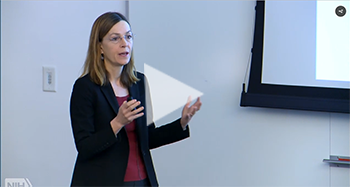Webinar for NIH MOSAIC Program Applicants
August 28, 2023
Continue Reading
Webinar for NIH MOSAIC Program Applicants
August 18, 2022
Continue Reading
Join the Inaugural NIH MOSAIC Scholars Meeting
September 21, 2021
Continue Reading
MOSAIC Program Announcements Reissued; Join Our Webinar September 7
August 18, 2021
Continue Reading
Archived: Inaugural Cohort of MOSAIC Scholars and Upcoming Application Deadline
January 28, 2021
Continue Reading
Archived: Funding Opportunity: Institutional Research and Academic Career Development Awards (IRACDA) Program
September 30, 2019
Continue Reading

